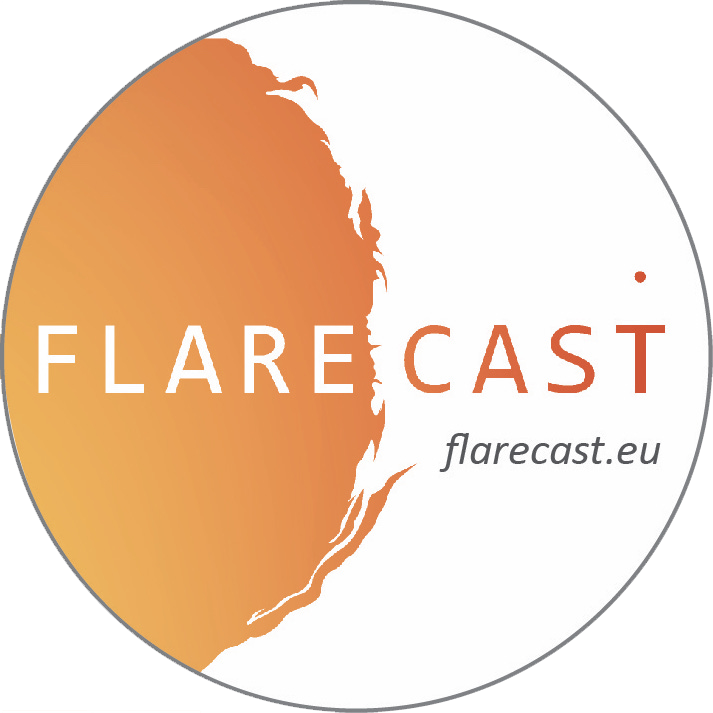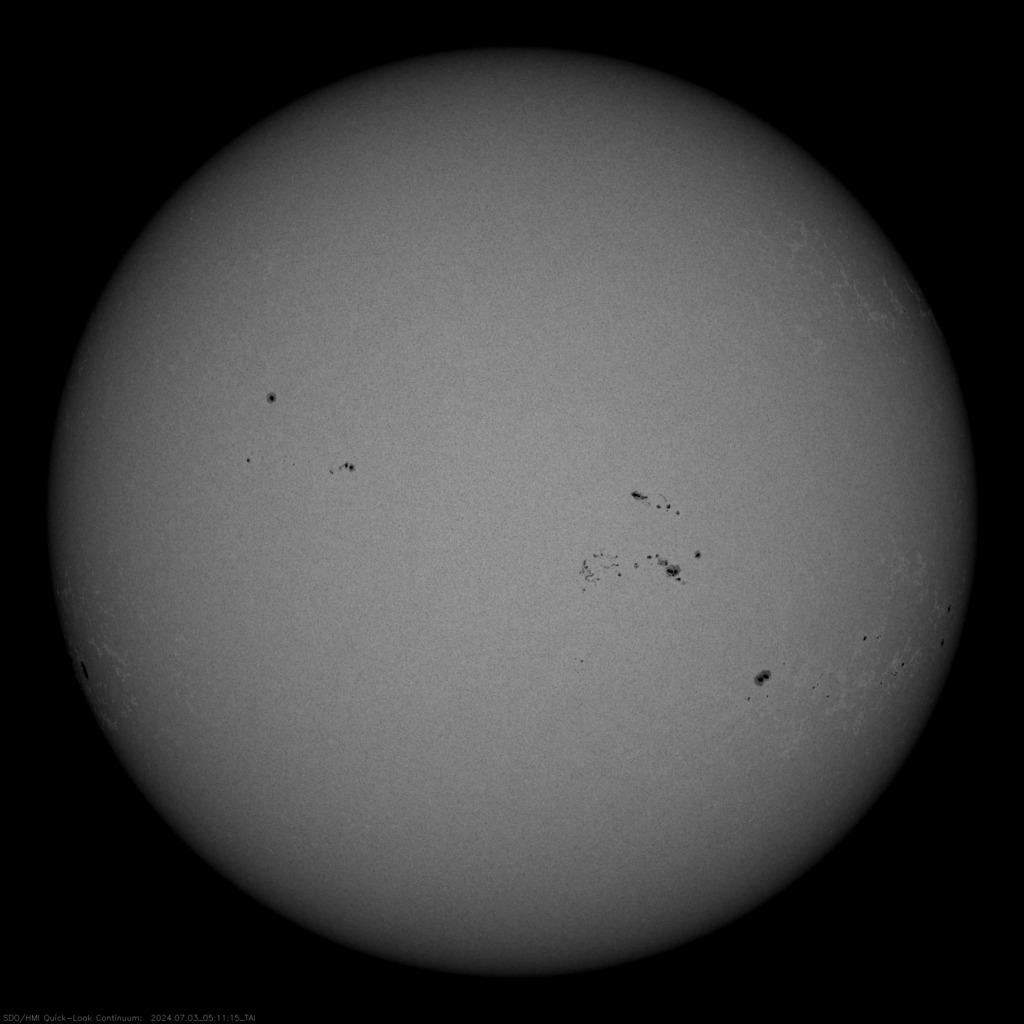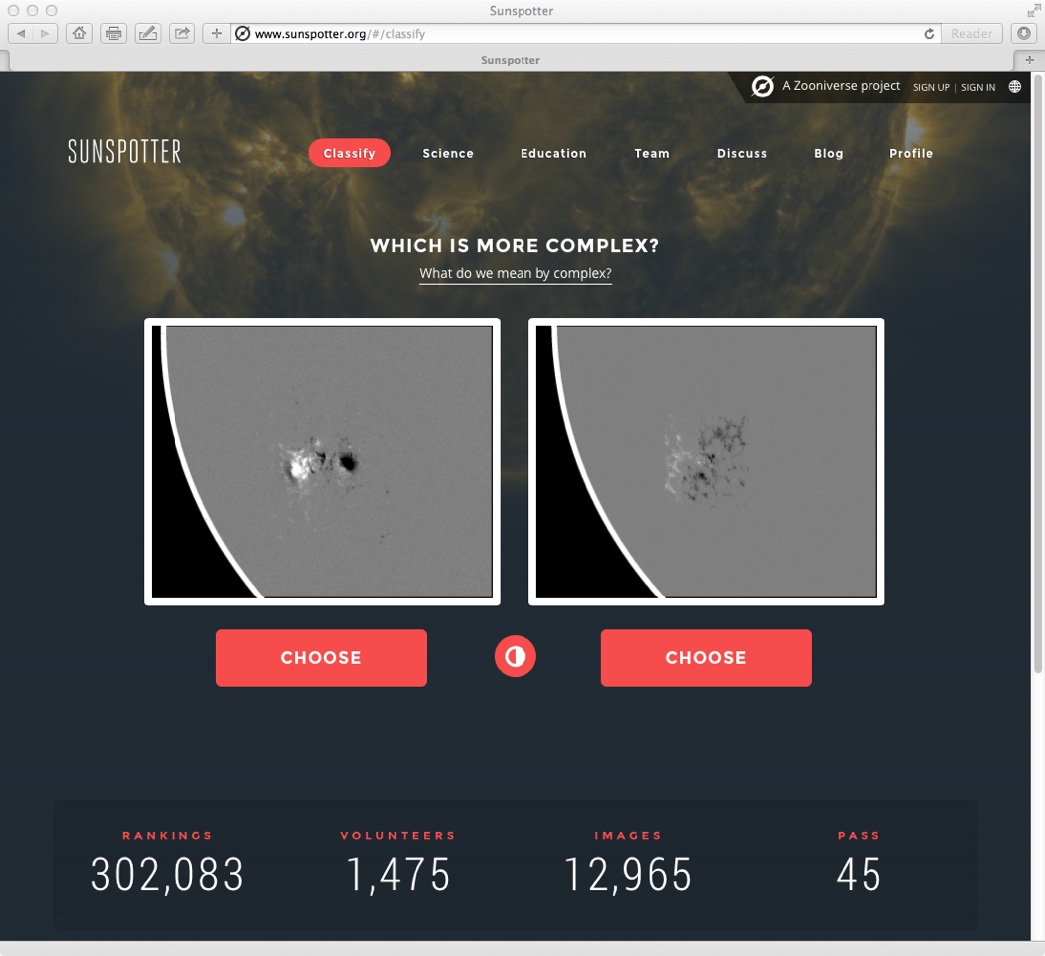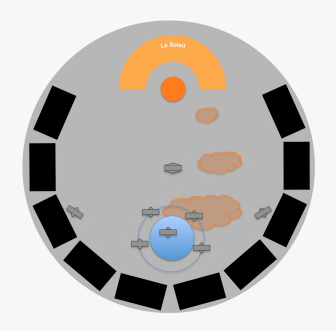What we do has a political dimension, whether we like it or not.
In Switzerland, we learnt this the hard way in 2014, when the Swiss voters decided on restricting immigration, a move which is incompatible with the Schengen treaty Switzerland is part of. One of the many consequences of this decision is that our participation in the European research programmes was jeopardized.
With Brexit, the British now face the same problem implying, at least, long negotiations and justifications, why science is necessarily an international endeavour, and why the European dimension plays an important role.
I am proud to mention that, to my knowledge (thank you David for forewarding the information), FLARECAST has been mentioned in the House of Lords as an example of why Europe is important in British research. See Lord Soley’s speech about ‘the potential impact of the United Kingdom’s withdrawal from the European Union on funding for universities and scientific research’:
So is this just a Swiss and a British problem? Or could this happen to every country participating in the European research programme? This is difficult to predict. In any case, let’s not forget that, what we are able to reach in this and in other European projects, becomes possible not just thanks to our personal capabilities and the excellence of our institutions but because there is a well-functionning framework within which we can propose, finance and carry out high level research projects such as FLARECAST.
Let’s not forget to always point out the European dimension whenever we communicate our research.

 FLARECAST outreach on SlideShare
FLARECAST outreach on SlideShare

